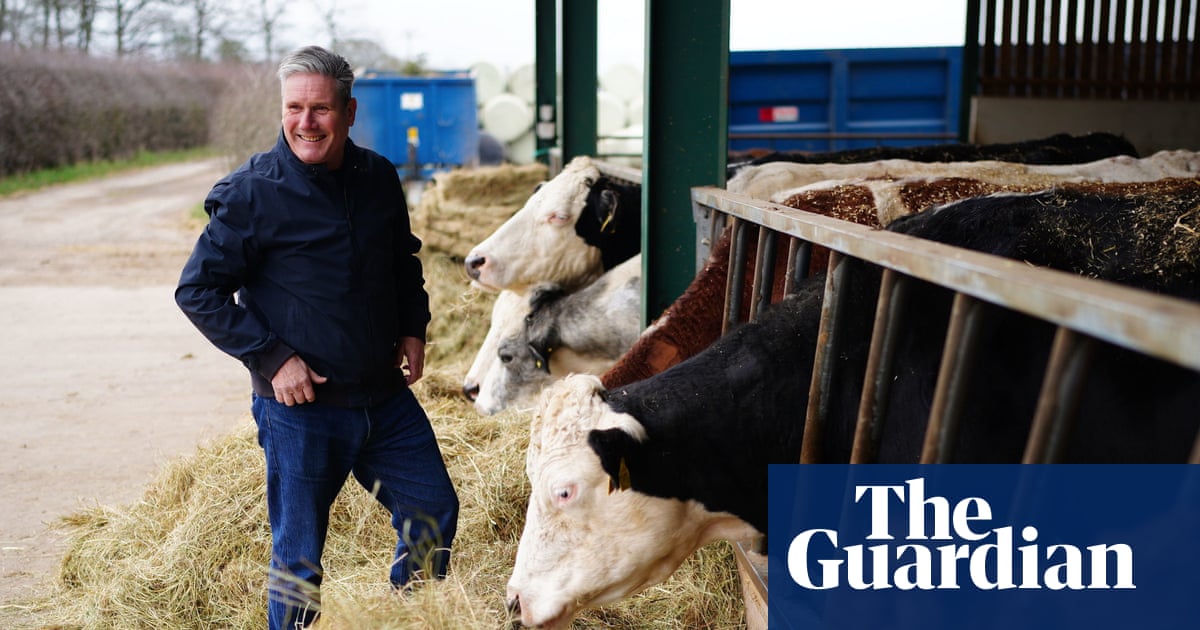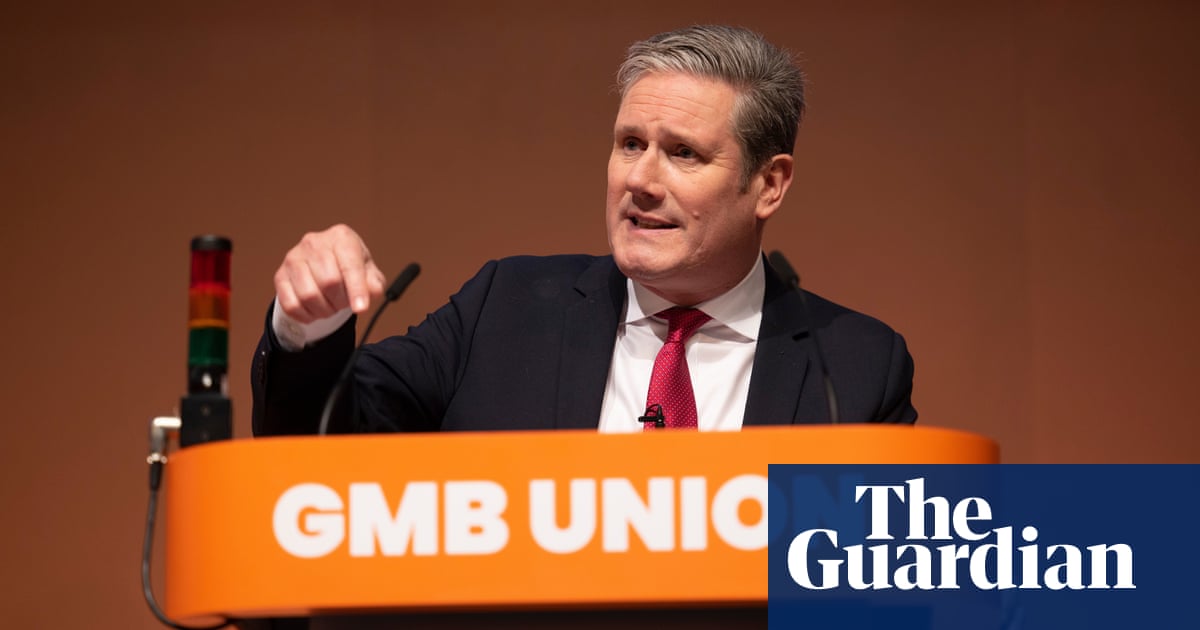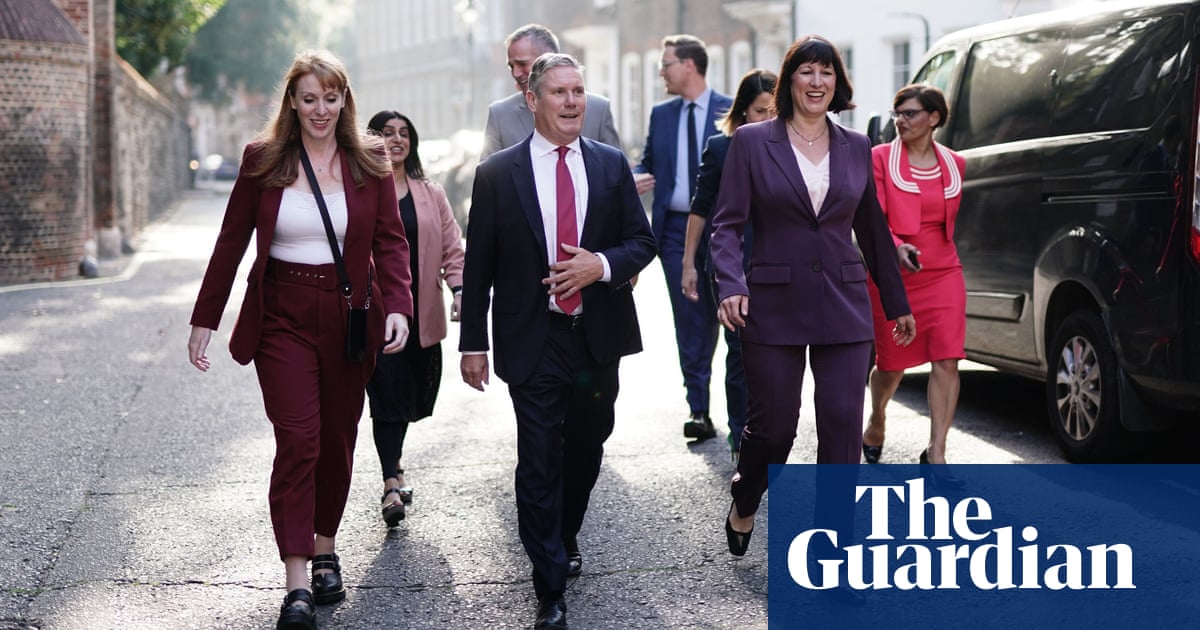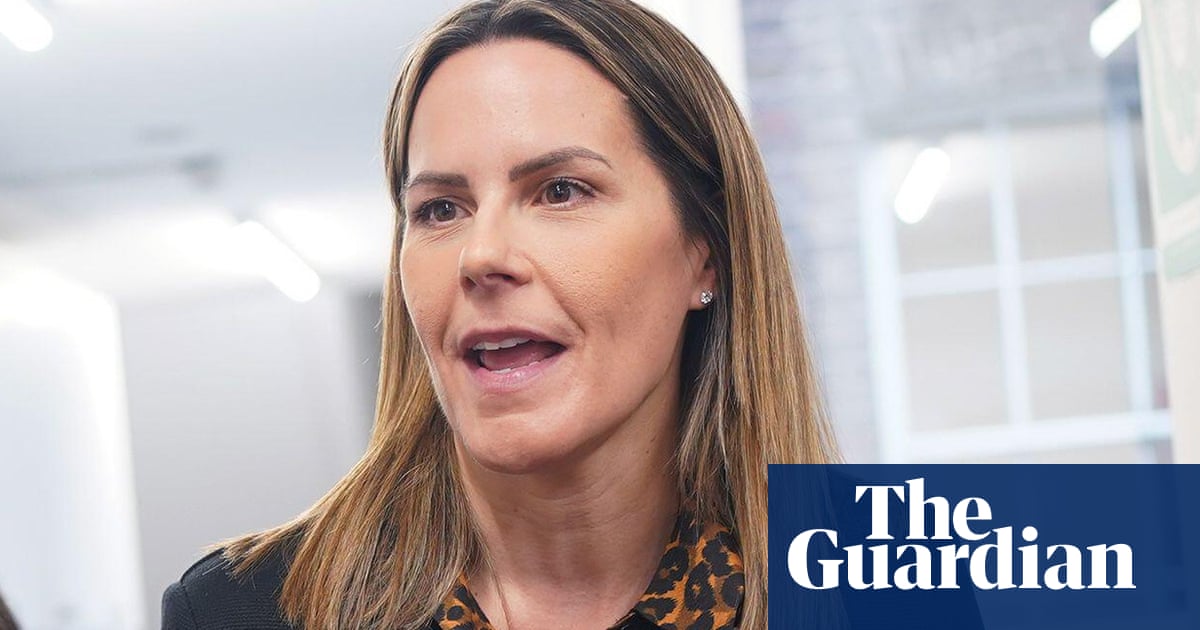
Sir Keir Starmer has told Britain’s farmers that rural communities are “in his DNA”, in an attempt to sway the traditionally Tory voters with a promise to “govern the whole United Kingdom”, not just urban centres.
“I grew up in a rural community, on the borders of Surrey and Kent, I lived in a rural community, it’s deep in my DNA,” the Labour leader told the National Farmers’ Union (NFU) conference in Birmingham on Tuesday.
His first job was on a farm, he said in his speech, picking stones from a field “for about 50p” when he was 14. Starmer later added: “I aspire to govern the whole of the United Kingdom, and that means our rural communities too. I actually grew up in a rural community and that is deeply, deeply in my bones.”
Farmers said “you could hear a pin drop” in the hall while the Labour leader was speaking. Farmer Sarah Bell said in a tweet that Starmer was “delivering a lot of positive sentiment about the industry” and added: “It’s a leap of faith for the politically homeless.”
George Dunn, the chief executive of the Tenant Farmers Association, said: “Sir Keir gave a persuasive and coherent address, which covered all the key areas which, if picked up when in a government, would make a huge difference to delivering our food and environmental security. It was particularly heartening that he should single out the tenanted sector as a priority.”
Richard Griffiths, the chief executive of British Poultry, added: “There was a strong focus on respect and shared values, and that Labour is the party to help British farmers achieve sustainable production that feeds people.”
Minette Batters, the president of the NFU, was more circumspect. “It’s easy to be all things to all people when in opposition. We need meaningful policies now, to back all of this up.”
It was Starmer’s second appearance at the NFU conference in two years, having become the first Labour leader in a decade to address the annual gathering in 2021.
Starmer promised a better trading relationship with the EU for farmers under Labour, more police to combat rural crime and more mental health workers, but stopped short of promises of spending on farming support payments, which now comes to £2.4bn a year.
He also still has some way to go to persuade environmental experts. Shaun Spiers, executive director of the Green Alliance, said: “This was a good speech on farming and food resilience. We now need Sir Keir to turn his attention to the nature crisis and the role farming will play in restoring health to our natural world. The UK will not begin to reverse the catastrophic declines in nature unless farmers are properly funded and supported through the transition to a sustainable system.”
The farming minister, Mark Spencer, told journalists at the conference he hoped a trade deal would soon be struck with Mexico, which would probably require imports of beef. But farmers and green campaigners raised concerns, as Mexican beef has a higher footprint than British meat, because many ranches are on deforested land.
Batters told the Guardian: “I am very concerned about links to deforestation. From Mexico our lines are pretty tough on this having given away so much on beef to Australia and New Zealand. We want the government to take a very, very firm line on further imports of beef.”
Spencer also announced £168m for measures such as robot workers to harvest crops, cow mattresses for dairy herds, and improvements for slurry management. But farmers said the money was not new, but recycled from the underspend on other parts of the farming budget, such as environmental improvements.
Martin Lines, the chair of the Nature Friendly Farming Network, said: “It doesn’t look like it’s new money. It’s welcome investment that can help farmers invest in better productivity but if they are using the pot as part of the BPS [basic payment scheme, the current support for farmers] pot, there will be less money to deliver for environmental outputs. What isn’t getting done because they are using this money?”
Farmers are being hit hard by rising prices for fuel, fertiliser and animal feed. They are also concerned about lax post-Brexit border controls that threaten to import animal diseases, and angry at the threat of an influx of cheap food from overseas competitors with lower standards, owing to trade deals that look set to disadvantage UK farmers.
Farmers receive £2.4bn a year in public payments, guaranteed until the end of this parliament. The amount is based on what farmers used to gain, before Brexit, from the EU’s common agricultural policy, but the criteria on which it is allocated to farmers is changing from payments based on the amount of land farmed to payments based on farmers taking action to improve the environment.
But many farmers are concerned that they are losing out in the transition, and farming leaders have warned that food production must be a focus of the new payments, as well as environmental improvements.
Batters warned that input prices had risen by about 50% since 2019, despite recent falls in the price of energy. Bird flu is also on the rise, the threat of African swine fever spreading from Europe is alarming the pig sector, and the stranglehold of the big supermarkets over farm producers means farmers make only tiny profits from their produce, as low as 0.09p in profit from a loaf of bread.
Batters warned the government: “The clock is ticking … The time is nearly up for government to demonstrate its commitment to food and farming in our great country, not just by saying they support us, but by showing us they do.”












